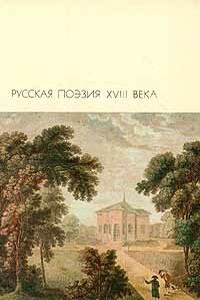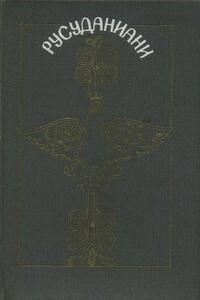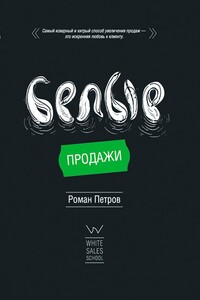Son of Holmes | страница 7
Every one of my friends had warned me to beware of the French—that they were a haughty lot, supercilious, and unfriendly. But if Madame Giraud-Neuilly were any example, my friends had been wrong. I spoke French passably well, and that certainly didn’t hurt our relationship. At about 5:00, her husband, Jacques Neuilly, came home, and they invited me to stay for dinner. He showed me the wine cellar, which they hadn’t used since le père had died in the ’30s, saying I was welcome to use it for storage if I cared to clean it up. We worked out the details after dinner, and by the time I returned to Lyon the next day, I had a house. Ten days later I moved in.
Since the house was furnished, getting settled took no time at all. I spent the first month working the kinks out of my piano playing and writing daily. I took the five songs with which I’d been happiest, taped them, and sent them to New York; then I decided to take a few days off to celebrate and explore. I started with the cellar, hoping to find some old wine.
The cellar hadn’t been used for fifty years, and it looked it. Boxes were lying everywhere, covered with cobwebs. The casks lining the right wall were thick with dust. I turned one of the spigots, and it broke off. I was about to go back upstairs when I noticed something in the far corner reflecting the light from my lantern. I picked my way back and found that I’d been lucky—it was a half case of unopened wine. In the other half of the case lay a sheaf of papers, yellow and brittle, bound by twine. I lifted the whole box and brought it upstairs.
The wine was unlabeled, and I assumed that it was homemade. The sediment was thick on the bottom, and I hadn’t been careful enough in moving it. Since I had to let the wine sit for some time before decanting it, I picked up the sheaf of papers, got myself a beer, and went out to the arbor, thinking only to pass the time until the wine settled.
The papers were written in a thick Continental hand, in French, of course. After I got used to the style, I became engrossed. I read on, forgetting about the wine, until it got dark, then moved inside and finished the manuscript sitting at the kitchen table. At first I thought it a rather poor attempt at a novel, but as I read on, it appeared to be more and more genuine—a personal account of Madame Giraud-Neuilly’s father during World War I. But something else was even more interesting to me: if this were a genuine manuscript, it was proof of Arrowroot’s theory, for the Auguste Lupa of the manuscript could be none other than Holmes’s son.



